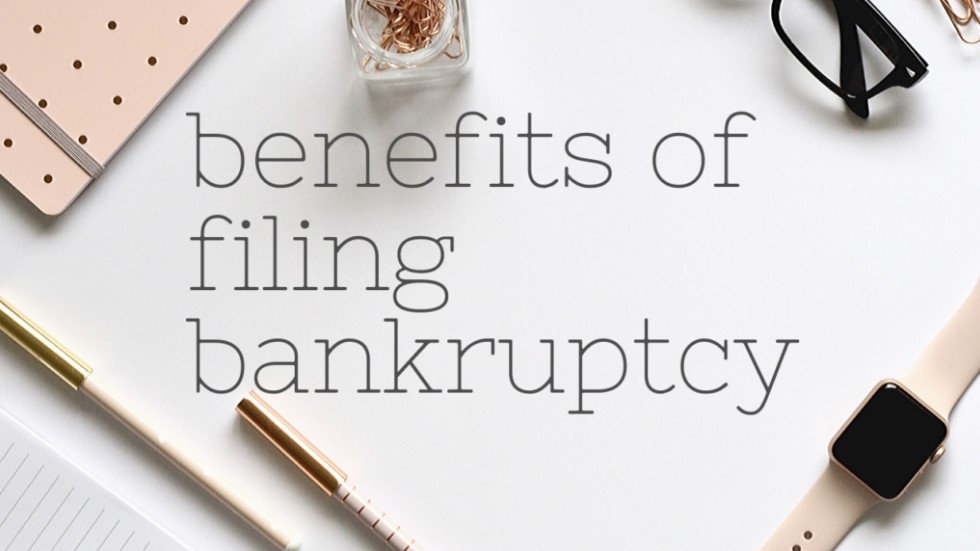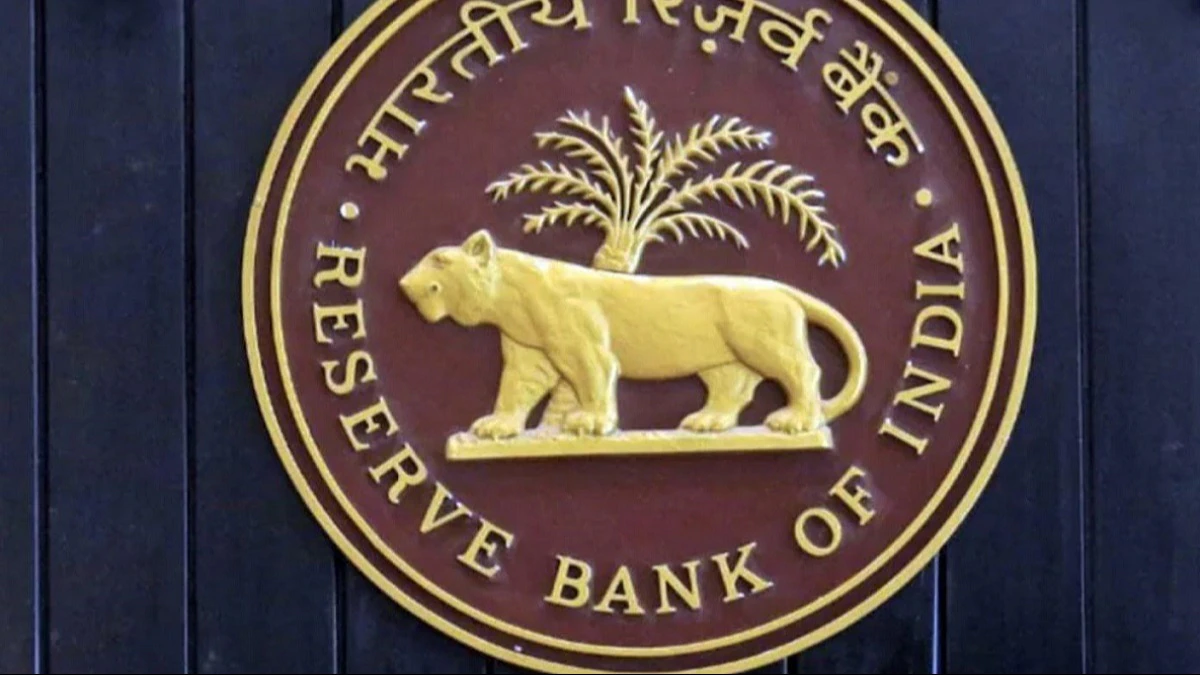Benefits of Filing Bankruptcy
Filing bankruptcy can be a daunting decision, but it can also offer significant benefits for individuals facing overwhelming financial difficulties. In this comprehensive guide, we will explore the various advantages of filing bankruptcy and how it can provide a fresh start for those burdened by unmanageable debt.
Debt Relief
One of the primary benefits of filing bankruptcy is the relief it provides from overwhelming debt. By filing for bankruptcy, individuals can eliminate or restructure their debts, allowing them to regain control of their financial situation. This can alleviate the stress and anxiety associated with unpayable bills and constant creditor harassment.
Automatic Stay
Upon filing bankruptcy, an automatic stay is immediately put into effect. This legal protection prevents creditors from taking further collection actions, such as wage garnishment or foreclosure. The automatic stay provides individuals with breathing room to assess their financial situation and work towards a resolution without the constant pressure of creditors.
Fresh Start
Bankruptcy offers individuals a fresh start by wiping out most of their debts. This allows them to rebuild their financial lives without the burden of past obligations. While bankruptcy may impact credit scores in the short term, it provides an opportunity to establish a solid foundation for future financial stability.
Repayment Plans
For individuals with a regular income, filing for Chapter 13 bankruptcy can be a beneficial option. Chapter 13 allows debtors to create a repayment plan that spans three to five years, enabling them to pay off their debts in a structured manner. This can be particularly useful for individuals who want to retain their assets, such as a home or vehicle.
Protection of Assets
Contrary to common misconceptions, bankruptcy does not necessarily result in the loss of all assets. Depending on the type of bankruptcy filed, individuals can often retain essential possessions, such as their primary residence, vehicle, and personal belongings. Understanding the exemptions available under bankruptcy law is crucial to protecting valuable assets.
Relief from Creditor Harassment
Filing bankruptcy puts an end to relentless creditor harassment. Once the bankruptcy process begins, creditors are legally required to cease all collection activities. This includes phone calls, letters, and any attempts to collect outstanding debts. Bankruptcy provides individuals with peace of mind and the ability to focus on their financial recovery.
Discharge of Debts
One of the most significant benefits of filing bankruptcy is the potential discharge of debts. In Chapter 7 bankruptcy, eligible debts can be completely eliminated, providing individuals with a clean slate. While certain debts, such as student loans and tax obligations, may not be dischargeable, bankruptcy can still alleviate the burden of many other types of debt.
Financial Education
As part of the bankruptcy process, individuals are often required to attend financial education courses. These courses provide valuable knowledge and skills to help individuals make better financial decisions in the future. By learning about budgeting, debt management, and responsible financial practices, individuals can avoid falling into the same financial pitfalls in the future.

Filing bankruptcy may not be the right solution for everyone, but it offers numerous benefits for individuals struggling with overwhelming debt. From debt relief and protection of assets to a fresh start and freedom from creditor harassment, bankruptcy can provide a path towards financial stability. If you are considering filing bankruptcy, it is crucial to consult with a qualified bankruptcy attorney who can guide you through the process and help you make an informed decision.
FAQs
1. What are the main benefits of filing bankruptcy?
The main benefits of filing bankruptcy include debt relief, the possibility of a fresh start, and protection from creditors.
2. Will filing bankruptcy eliminate all my debts?
Filing bankruptcy can eliminate certain types of debts, such as credit card debt and medical bills, but not all debts. Some debts, like student loans and child support payments, are generally not dischargeable through bankruptcy.
3. Can filing bankruptcy stop creditors from harassing me?
Yes, filing bankruptcy triggers an automatic stay, which legally prohibits creditors from taking any collection actions against you, including harassing phone calls and wage garnishment.
4. How does bankruptcy protect my assets?
Bankruptcy allows you to exempt certain assets from being liquidated to pay off your debts. The specific exemptions vary by state, but typically include essential items like your home, car, and personal belongings.
5. Will filing bankruptcy affect my credit score?
Yes, filing bankruptcy will have a negative impact on your credit score. However, it also provides an opportunity to rebuild your credit over time by demonstrating responsible financial behavior.
6. Can I keep my house if I file for bankruptcy?
Whether you can keep your house depends on several factors, such as the type of bankruptcy you file and the equity you have in the property. In many cases, individuals can keep their primary residence by reaffirming the mortgage debt.
7. What happens to my debts after filing bankruptcy?
After filing bankruptcy, your eligible debts will be discharged, meaning you are no longer legally obligated to repay them. However, certain debts, such as secured loans or debts incurred through fraud, may not be dischargeable.
8. Can I file bankruptcy if I have a low income?
Yes, individuals with low income can still file for bankruptcy. Depending on your income level, you may qualify for Chapter 7 bankruptcy, which liquidates your assets to repay your debts, or Chapter 13 bankruptcy, which establishes a repayment plan based on your income.
9. Will filing bankruptcy affect my ability to get credit in the future?
While filing bankruptcy will initially make it more difficult to obtain credit, it is still possible to rebuild your credit over time. Many individuals are able to qualify for credit cards and loans within a few years after bankruptcy.
10. Should I consult an attorney before filing bankruptcy?
It is highly recommended to consult with a bankruptcy attorney before filing for bankruptcy. They can provide guidance on the best course of action based on your specific financial situation and help ensure the process goes smoothly.




